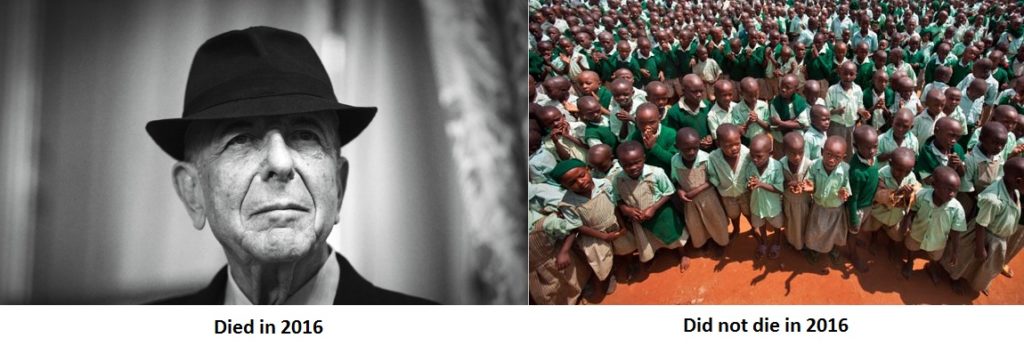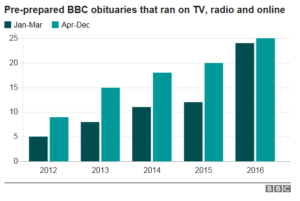Jargon is a nerd’s best friend
Economists love to talk about ‘externalities’. ‘Externality’ is a wonderfully complex-sounding word that makes you feel more intelligent just by saying it. It is especially useful when trying to pull the wool over the eyes of a non-economist, as in:
Community activist: “We’re outraged that our organisation has had its budget cut so the government can bail out irresponsible banks!”
Economist: “I understand completely your feelings, but your analysis of the cost of financial sector repair fails to take into account the growth-enhancing effects of the associated positive externalities resulting from the smooth operation of financial markets.”
Community activist: “I… well… uh… what?”
Economist: *smiles imperceptibly and adjusts knot on his silk tie*
Keep your market transaction to yourself, buddy
Yet the actual meaning of the word ‘externality’ is in fact quite simple. Here it is in a nutshell: For any transaction, there is a buyer and a seller. An ‘externality’ can be thought of as the effect of the transaction on someone who is not the buyer and not the seller.

So for example, if John buys a car from Volkswagen, this transaction has effects on both John and Volkswagen (John gets a new Golf in exchange for €30,000; Volkswagen gets €30,000 in exchange for a Golf). Because the transaction was voluntary, we can assume both John and Volkswagen are both strictly better off from having made the trade (otherwise, they probably wouldn’t do it).
But what happens when John tools down the road in his new Golf, kicking carbon emissions and particulates into the air, taking up public space and potentially running over grannies and cats? In that case, there is a cost born by someone who was not party to that transaction, arising from the transaction (pollution, traffic congestion, increased risk of an accident). This cost is a ‘negative externality’. There are many examples of negative externalities, but pollution is perhaps the most common one. In general, economists accept that the government should sometimes intervene in markets in order to correct for these negative externalities (through regulation or taxation, for instance).
There’s no such thing as a free ride…or is there?
We can also think of ‘positive externalities’, i.e. when the operation of a market has a positive effect on someone outside it. The pleasant smell of freshly baked bread on a street outside a bakery can bring joy to passers-by, even if they do not actually enter and pay for the bread. And if a person with a contagious disease pays to have himself treated privately, this is a benefit to all the people he has protected from potential infection, even if he was only acting selfishly.
But don’t let the name deceive you: positive externalities are not always a good thing. Sometimes they can stop markets from operating effectively. For example, if I invent a brilliant new machine and try to sell it, the ‘idea’ can simply be copied by someone who does not actually pay for my machine, leaving me with only a small reward for all the midnight oil I burned while getting to my eureka moment. Without some kind of protection, this risk might prevent me from bothering to invent the machine in the first place. This is why, just as in the case of negative externalities, the risk which positive externalities pose to production is a justification for the government to intervene, by granting patents and other forms of intellectual property rights.
Compound externalities – where markets depend on failure in order to succeed
There is a certain class of externality which I find quite interesting and which, to my knowledge, has not been written about by economists yet. It is the ‘compound externality’, which can be defined as the effect on someone outside a market arising from the operation of a market which only has value to the buyer and seller because of this negative effect. This sounds confusing, but it’s quite simple when we break it down: As before, we have a transaction, so we have a buyer and a seller. In addition, there is an effect from the transaction on a third party AND – here’s the catch – the only reason the transaction is valuable to the buyer / seller is because of this effect on the third party.
The most obvious example of a compound externality is noisy alarms. In this case there is a negative cost imposed on you when your neighbour’s house alarm goes off at 3 in the morning, even though you didn’t sell him the alarm and you sure didn’t buy it. But here’s the catch: the only reason he wanted the alarm is so that it would annoy and wake you, his neighbour, up, so that you would then look out the window at his house and – in this way – spot the burglar breaking in through the window (hence deterring the burglar!). If it didn’t create the noise pollution, the alarm would have no value.
Another example is the ‘ugliest façade’ project. Imagine you live on a historic square full of old houses with lovely façades. Your obnoxious neighbour from the above example – not content with his cacophonous alarm – has torn down his house and is building anew. He has an incentive to build the façade as ugly as he possibly can. Why? Because by doing so, he destroys the perfect appearance of the square as viewed from your house and from every other building… every building that is, except his own. All of the sudden he possesses the only piece of real estate with an unsullied view of the historic old square!
Quick, is there a positive compound externality in the house?
What about positive ‘compound externalities’? Are there any examples of markets which, in order to operate, depend on a positive effect occurring on someone outside the market in order for the market to exist? The only one I can think of is the market for first-aid training. Here, the only value to you in paying for a first-aid training course is that, should the occasion arise, you will be able to apply the Heimlich Manoeuvre to dislodge a chicken dumpling from the oesophagus of a third party (while attending a party…).
I’ll stop now because I can’t think of any other examples. Perhaps someone else can?





